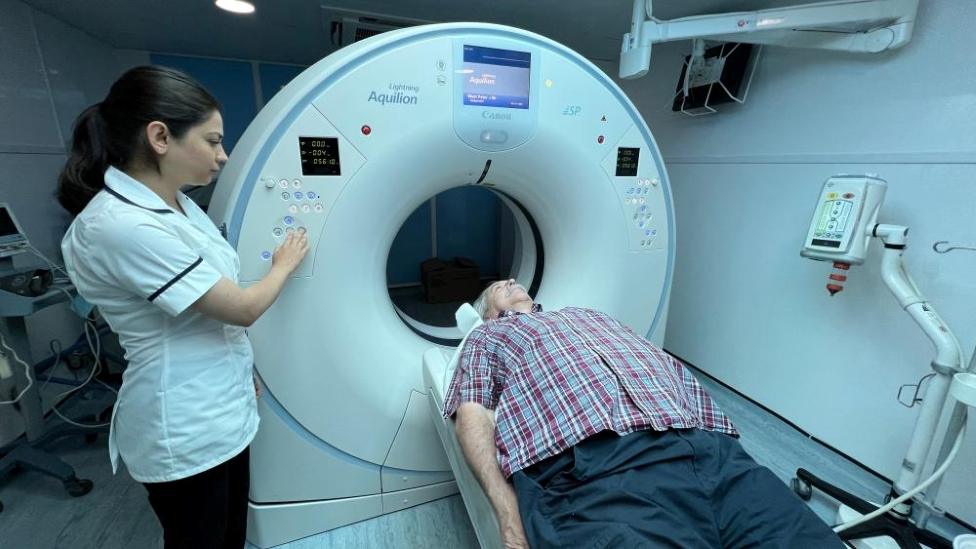Surgery backlog crisis: Major step forward for new centre
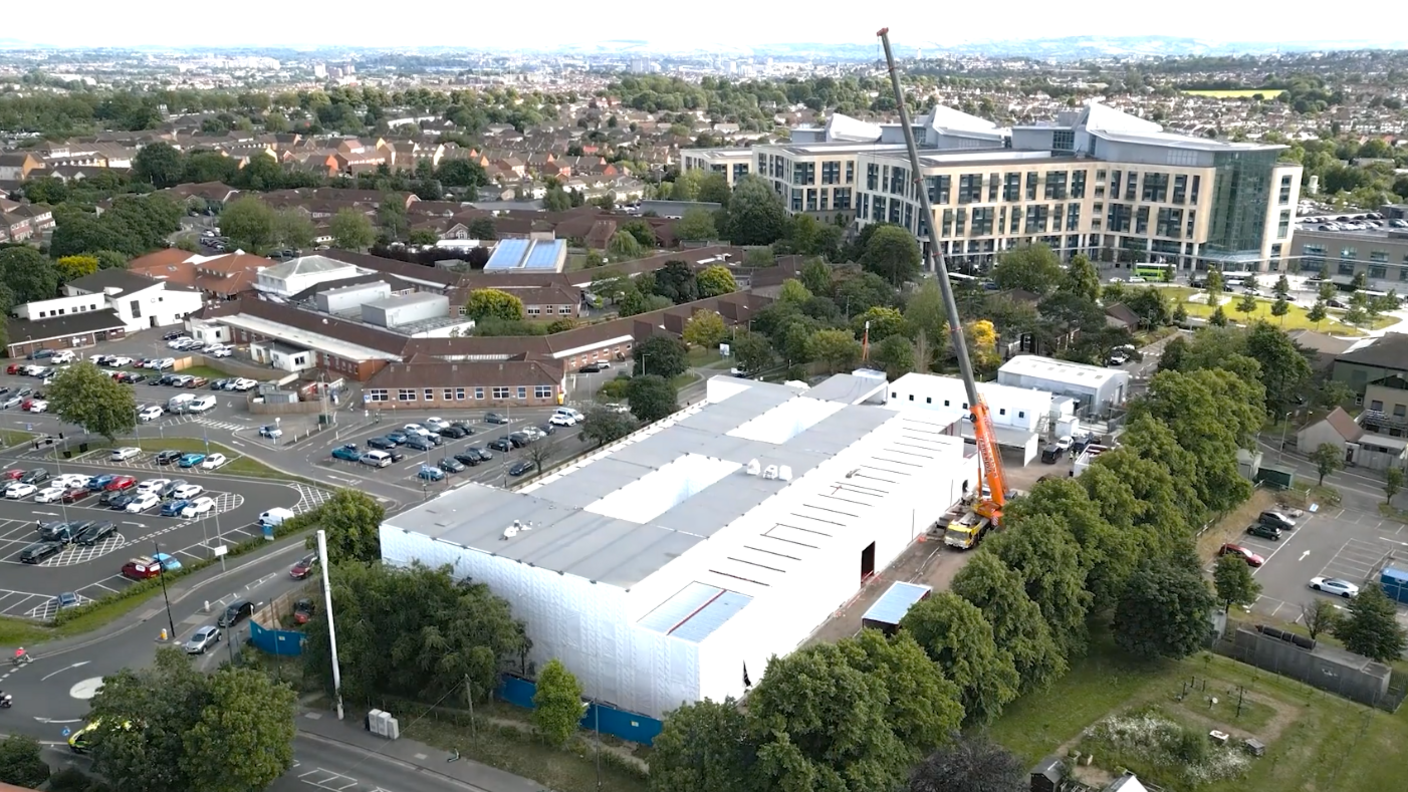
The new surgery centre at Southmead is currently under construction
- Published
Tens of thousands extra operations and scans are to happen in Bristol to tackle a "joint replacement crisis".
The external structure of a new £49.9m Elective Centre (EC) at Southmead Hospital has now been completed, with the building set to open in spring 2025.
About 6,500 additional operations will be carried out every year.
But experts say it could take "many years, if not decades" to tackle a joint replacement backlog, which was created during the Covid pandemic when around 158,994 procedures were lost.
A study, published in The Bone & Joint Journal, external, looked in detail at the effect of the pandemic on the numbers of joint (hip, knee, shoulder, elbow, and ankle) replacement surgeries carried out in England, Wales, and Northern Ireland.
Data from 2019 to 2022 showed almost three quarters of a year of planned operations - 71.6% of 2019 activity and 158,994 joint replacements - had been lost.
This gap continues to increase and therefore the recovery from this deficit has not started. Knee, shoulder, and ankle surgery have been affected more severely than hip and elbow surgery.
The research concluded that returning to pre-pandemic levels will not tackle the backlog, and even with rapid expansion, "it will take many years, if not decades, to fix this joint replacement crisis".
Will new operating theatres be enough?
When the EC opens it will be one of the largest elective surgical hubs in the country - increasing the number of procedures across Bristol, South Gloucestershire and North Somerset by more than 21%.
It will provide an extra four operating theatres on top of the 24 theatres next door at Southmead hospital. But will it be enough?
The author of the study based on data from the national joint replacement registry, which was founded at Southmead hospital, believes it will still take at least five years to reduce waiting lists in his discipline.
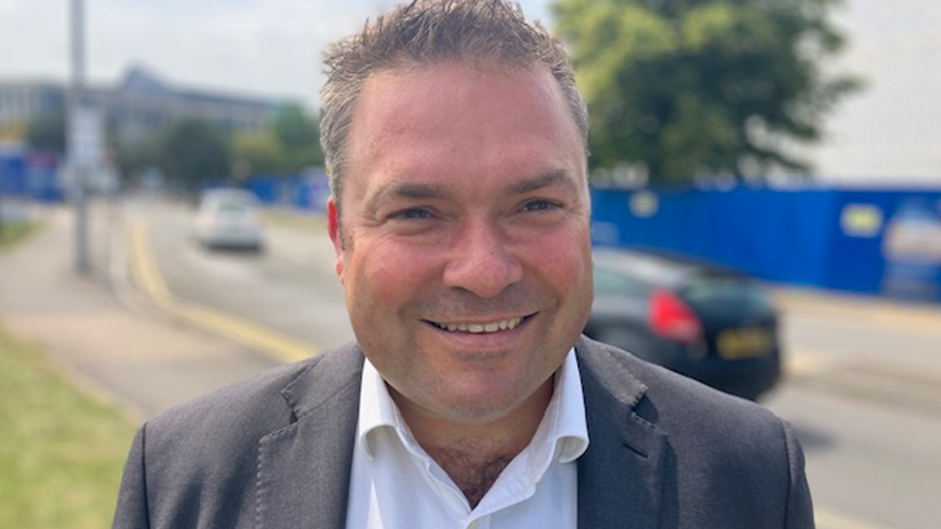
Prof Michael Whitehouse warns 'orthopaedic operations are not the only ones people are waiting for'
Lead author, professor Michael Whitehouse, said: "The deficit that we need to address, assuming all those people still need joint replacements, is equivalent to about three quarters of a year, the full activity.
"So it is a big challenge doing this and obviously building elective surgical hubs is an answer to this but we need 20 hubs [nationally] that are doing over a thousand joint replacements a year and all the other activity continuing in order to let us catch up.
"It ultimately comes down to how the trusts chose to use that. Orthopaedic operations are not the only ones people are waiting for."
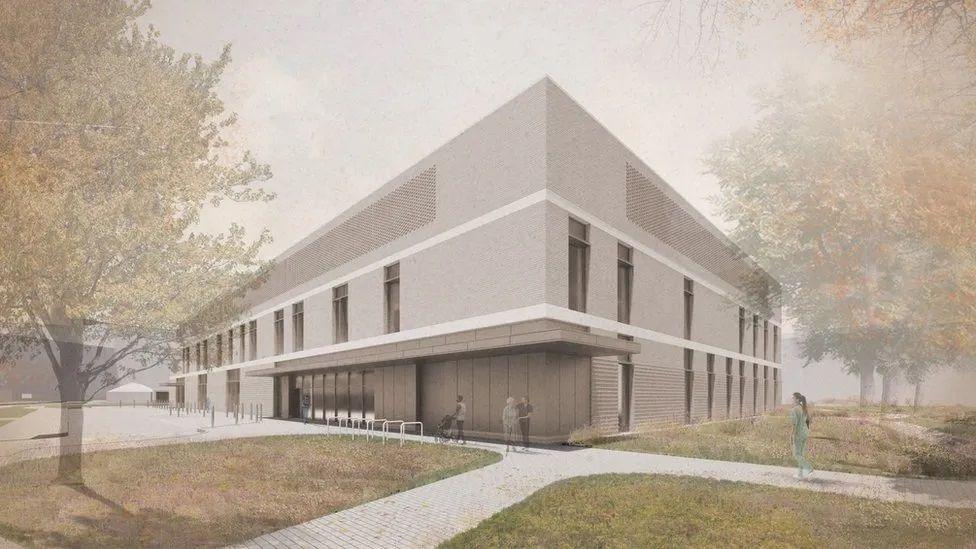
The new hub is set to open in spring 2025 - but it has been predicted it will take years to clear the backlog created by the Covid pandemic
North Bristol NHS Trust Chief Medical Officer Prof Tim Whittlestone said "people are working very hard in the recovery area".
"I think the NHS has changed since Covid, slightly.
"There are different processes around infection control which we are slowly returning to normal but these things all compounds to efficiency," he added.
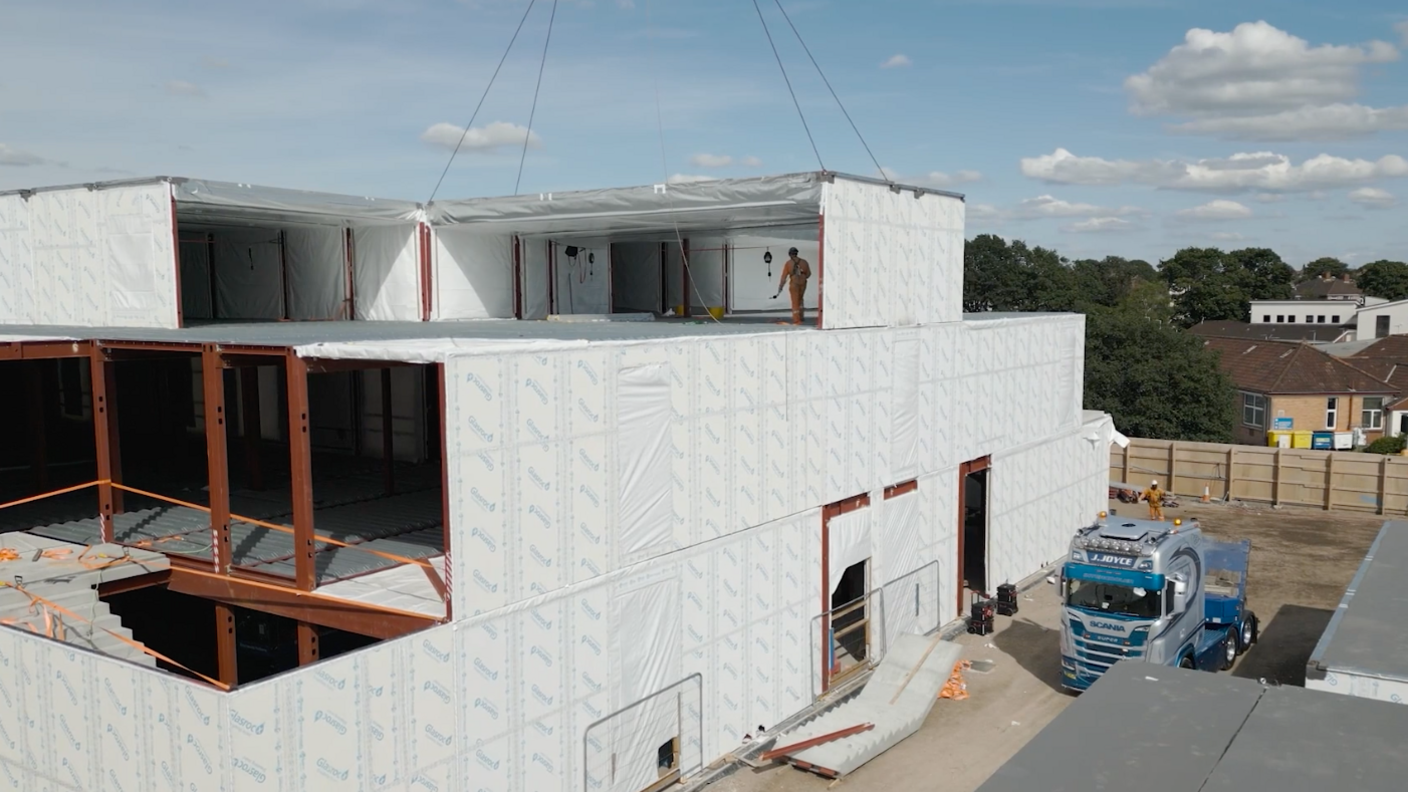
Thousands more operations will take place at the new centre at Southmead Hospital
How can scans at shops help?
Patients have already experienced "tremendous benefits" from a Community Diagnostic Centre (CDC), which opened in April.
The trust's CDC is based at Cribbs Causeway, and initially consists of mobile units, before transferring into a permanent building later in this year.
Run by independent healthcare provider InHealth, leaders hope the CDC will reduce pressure on local healthcare system's waitlist for endoscopy, CT, MRI, ultrasound and plain film imaging, Echo and respiratory tests.
This will be the largest site ever built by InHealth and one of the largest of its kind in the UK.
Community Diagnostic Centres (CDCs) are part of a national initiative to increase access to diagnostic tests and procedures, and the investment by the government of £2.3bn in opening 160 CDCs across the country by 2025.
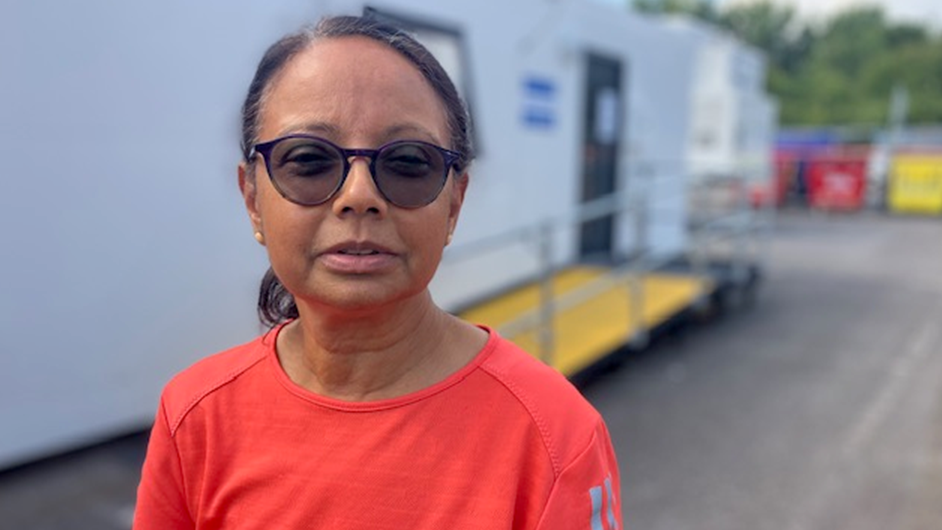
Kiran Mistry said she was a "happy customer"
Kiran Mistry went for a scan on her foot last week at a mobile unit.
Mrs Mistry said that she is a "happy customer", adding: "I am finding it quite difficult with my bunions and everything .. I went to see a physio about two weeks ago got an appointment very quickly and, this one, they rang me just two days ago and that was it."
Prof Whittlestone said: “We have already seen tremendous benefits for our patients since the Community Diagnostic Centre opened in April.
"Moving into the permanent building will increase the number of scans and procedures we can offer to people so that they can have easy access to tests and know what treatment options might be available to them.”
The elective centre is a joint project with University Hospitals Bristol and Weston NHS Foundation Trust, supported by the local Integrated Care Board so that more procedures can be carried out across the area.
Get in touch
Tell us which stories we should cover in Bristol
Follow BBC Bristol on Facebook, external, X, external and Instagram, external. Send your story ideas to us on email or via WhatsApp on 0800 313 4630.
- Published4 August 2023
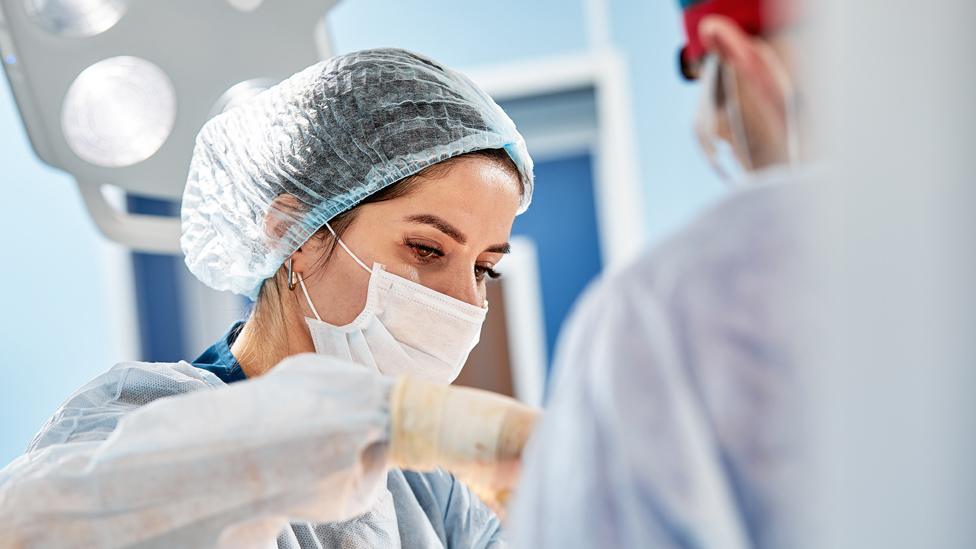
- Published22 March 2024
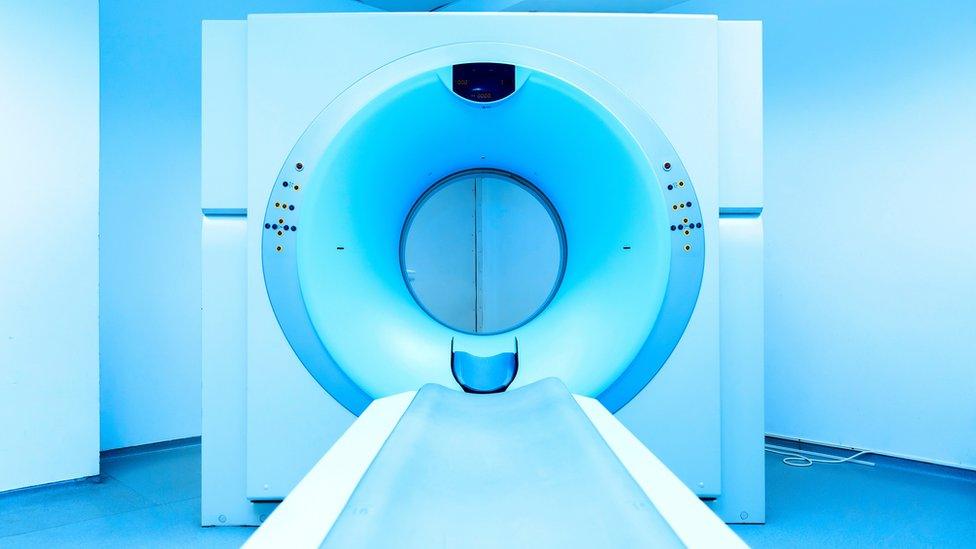
- Published18 September 2023
